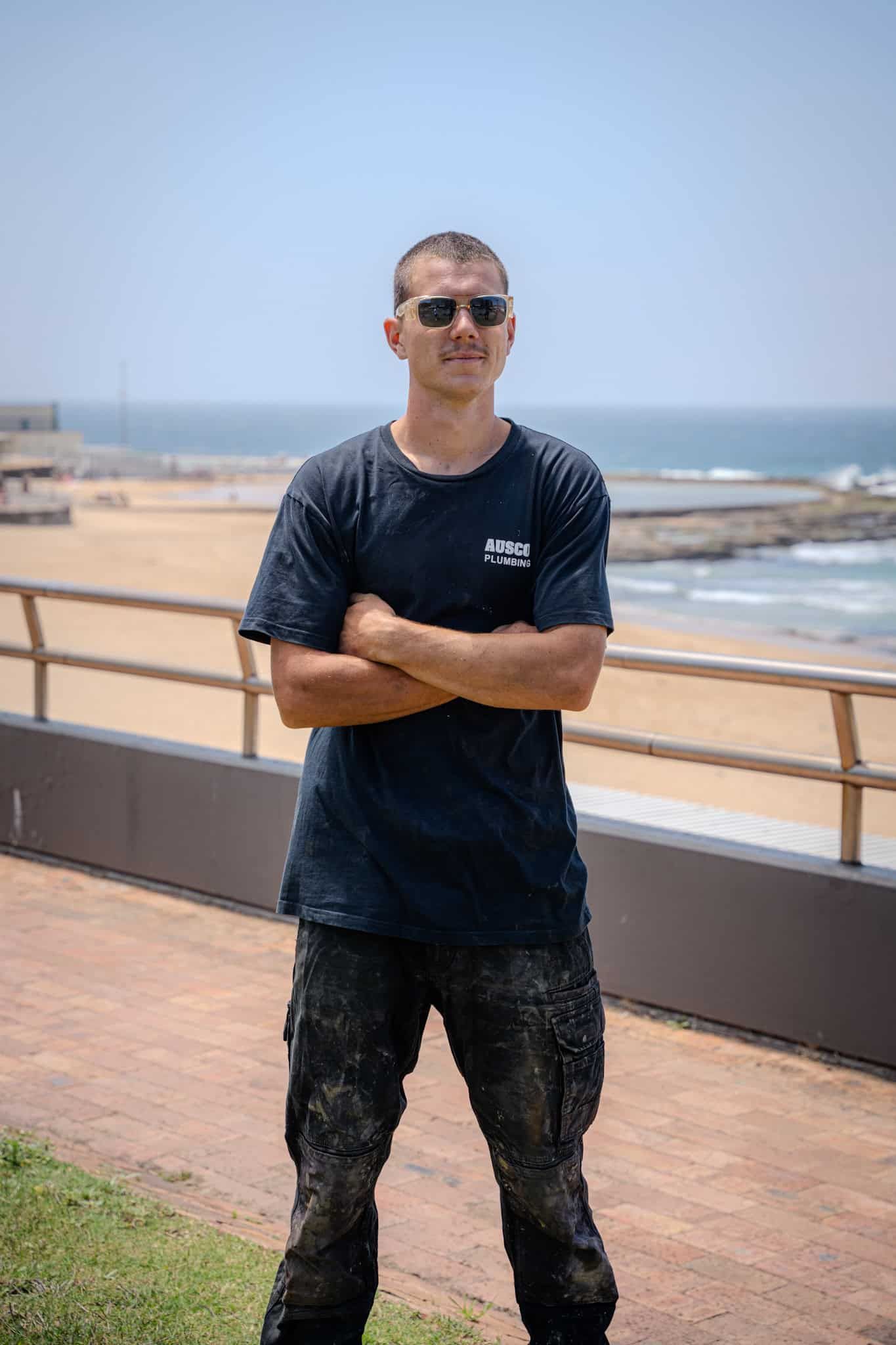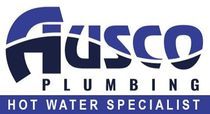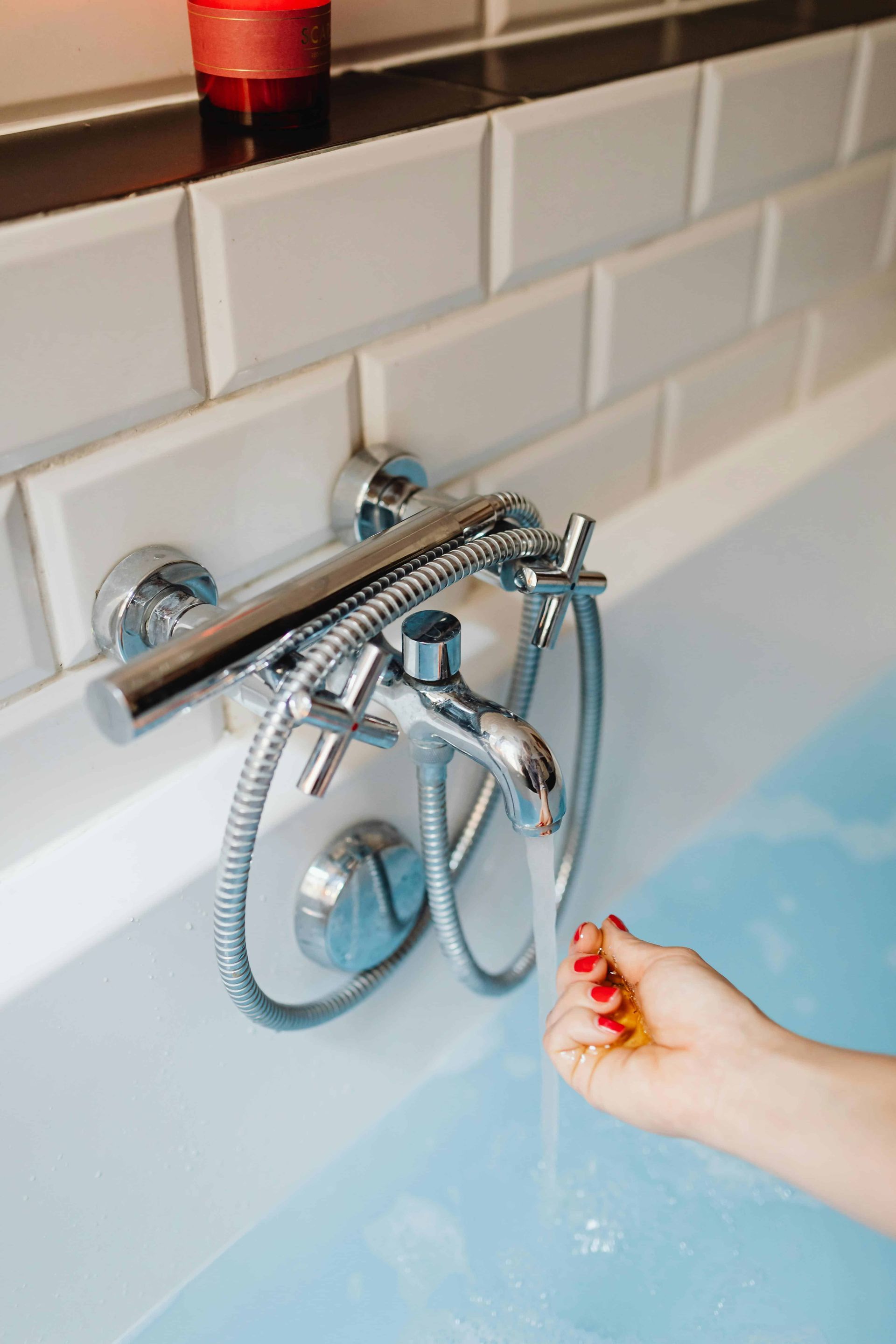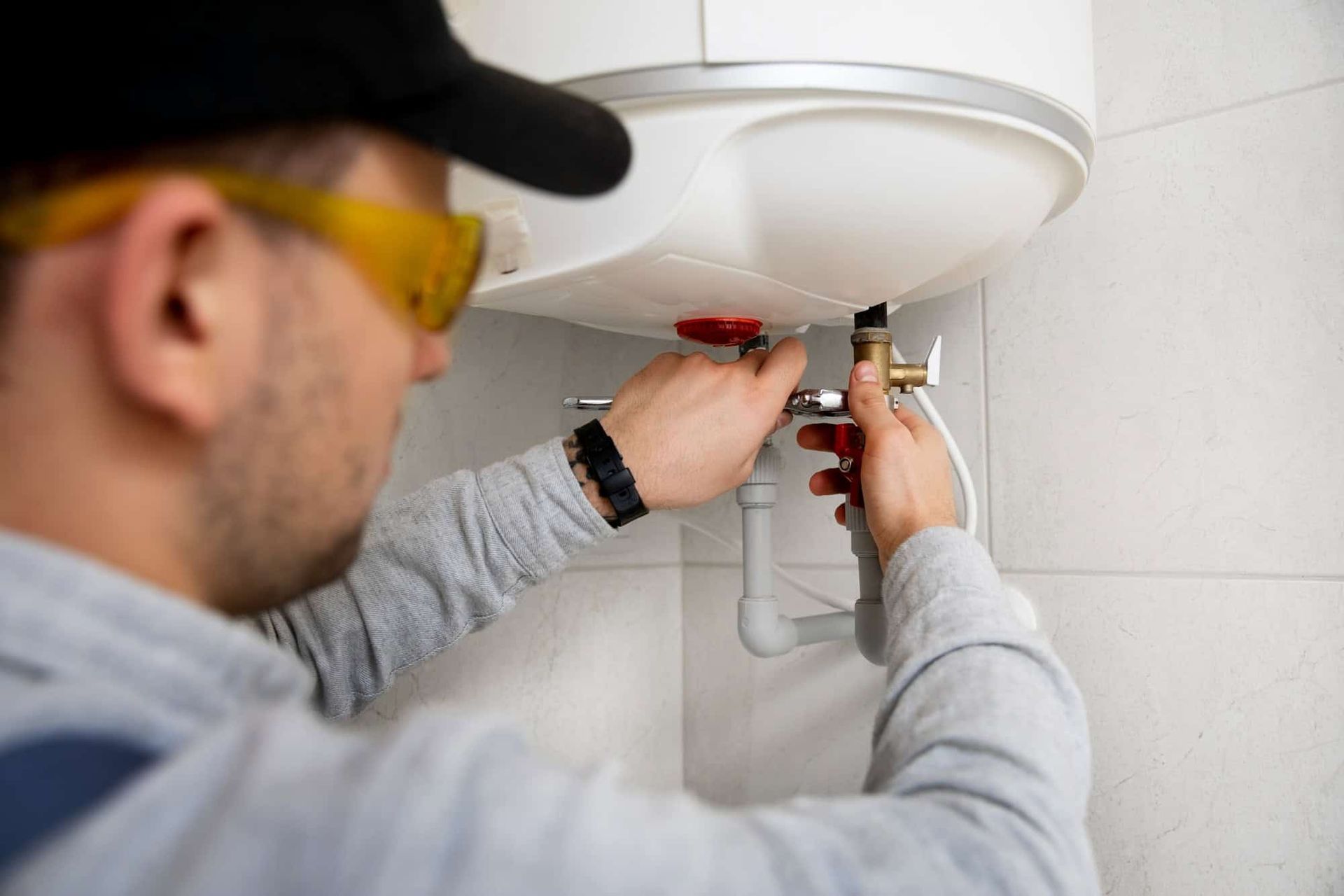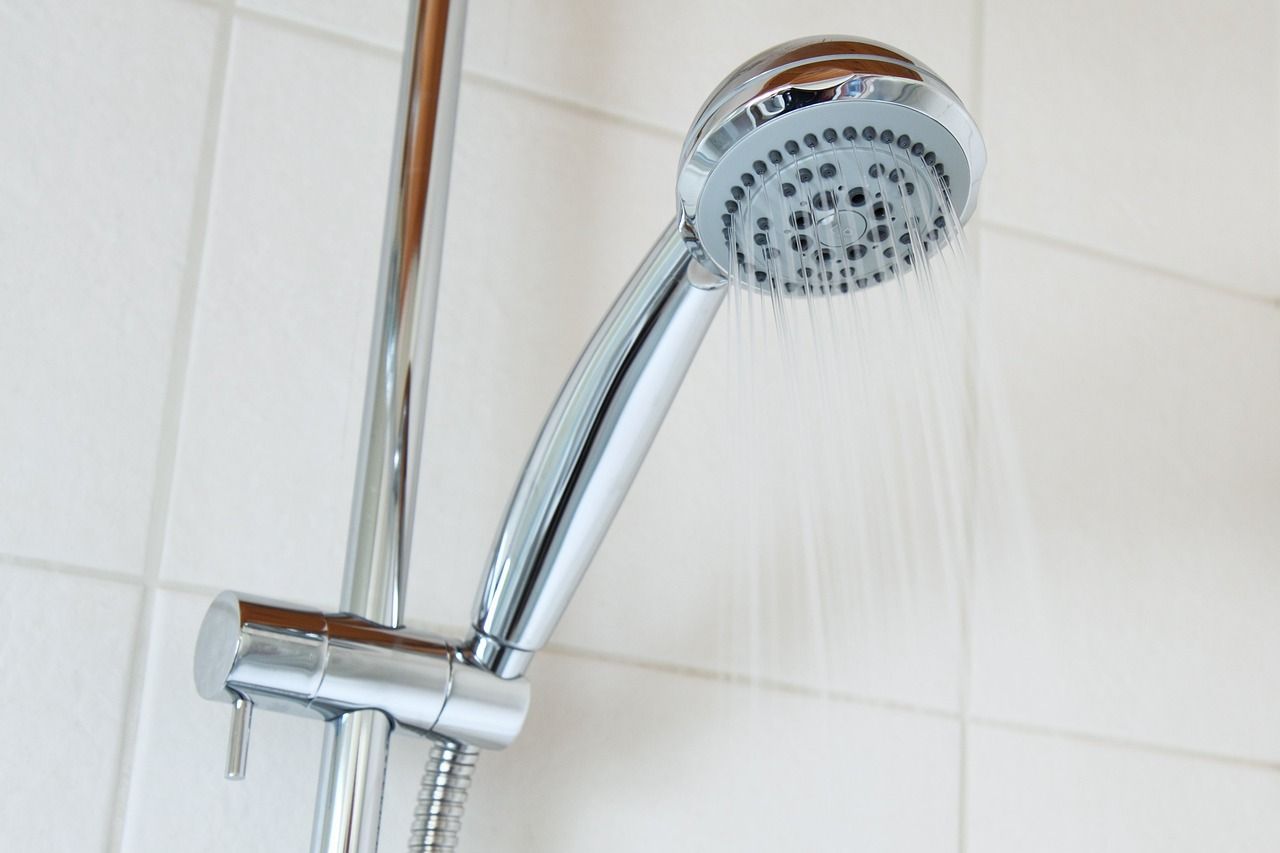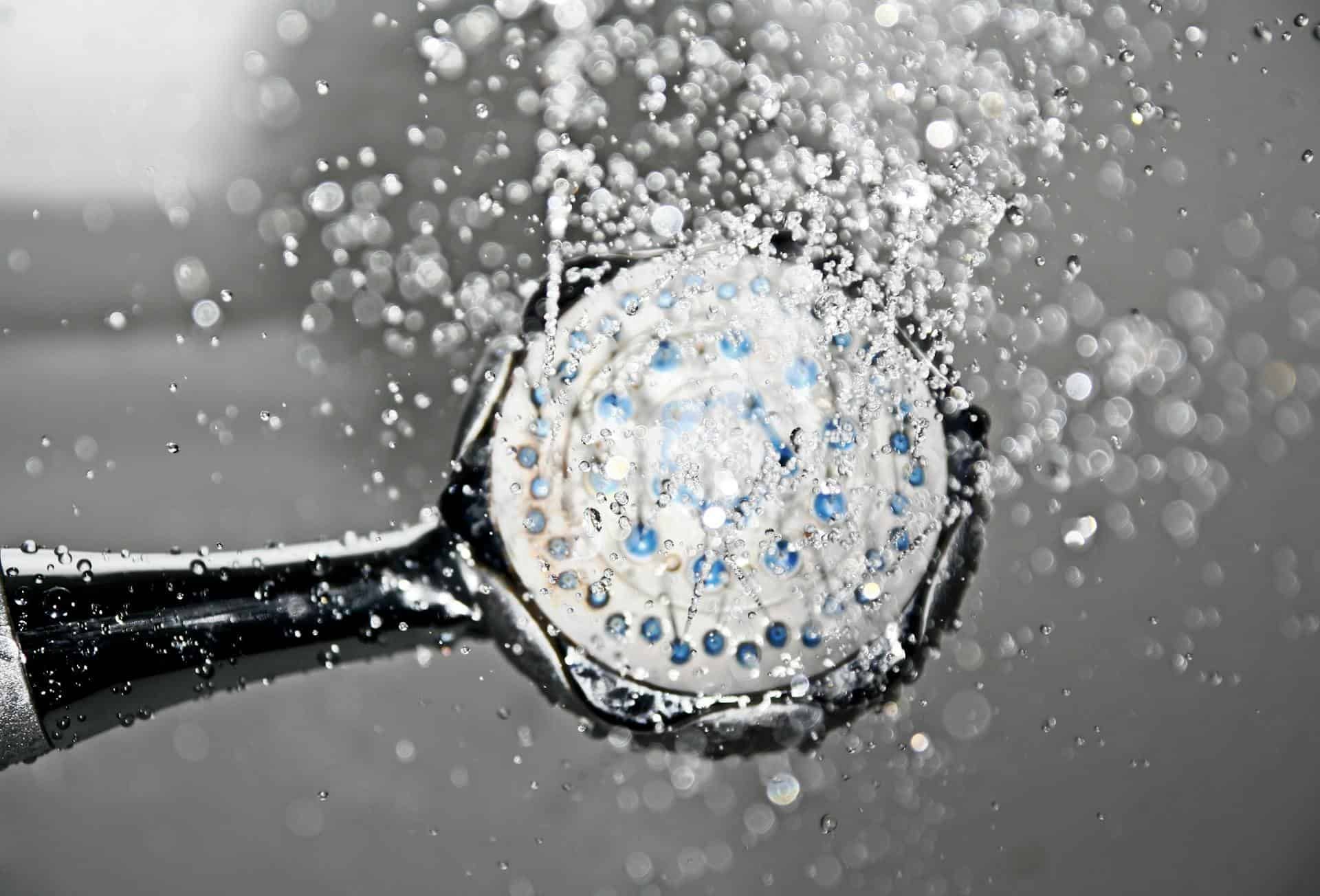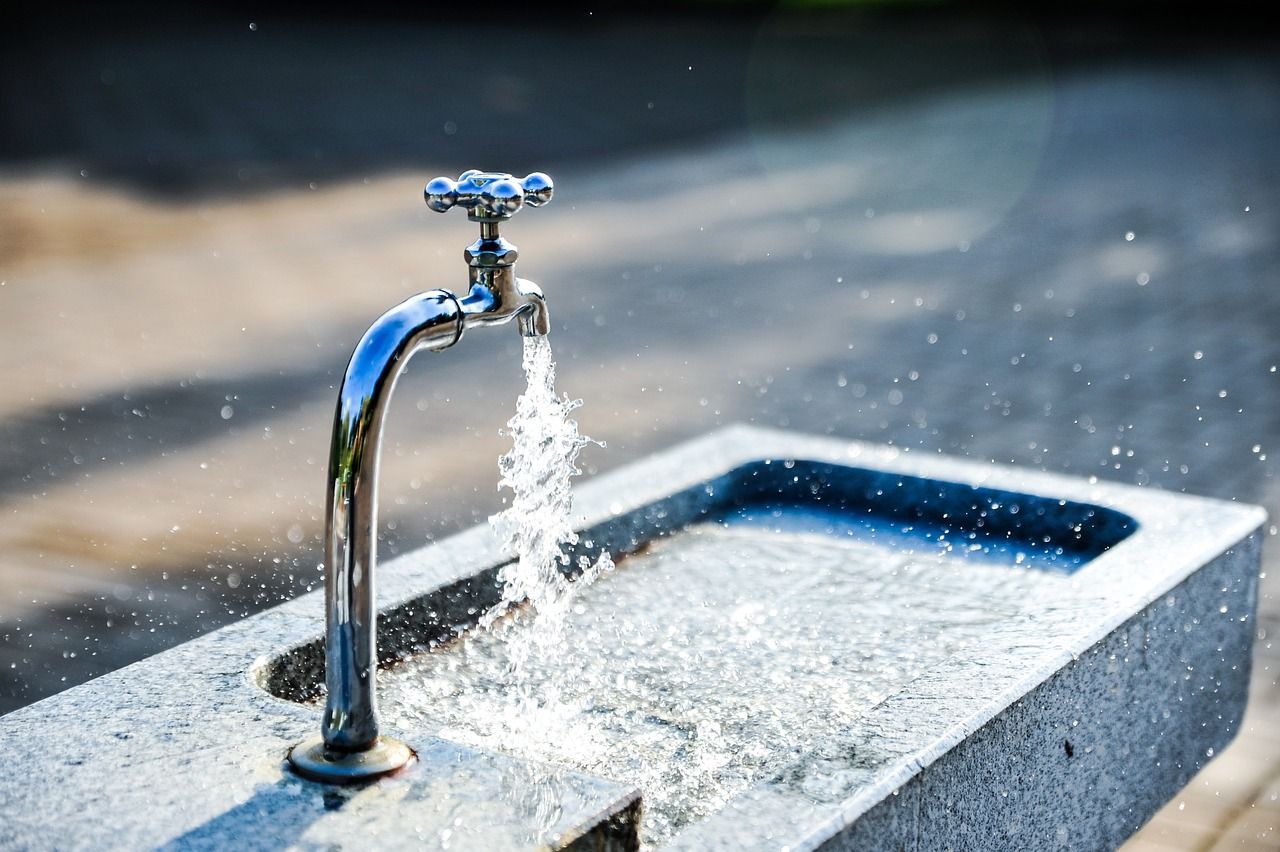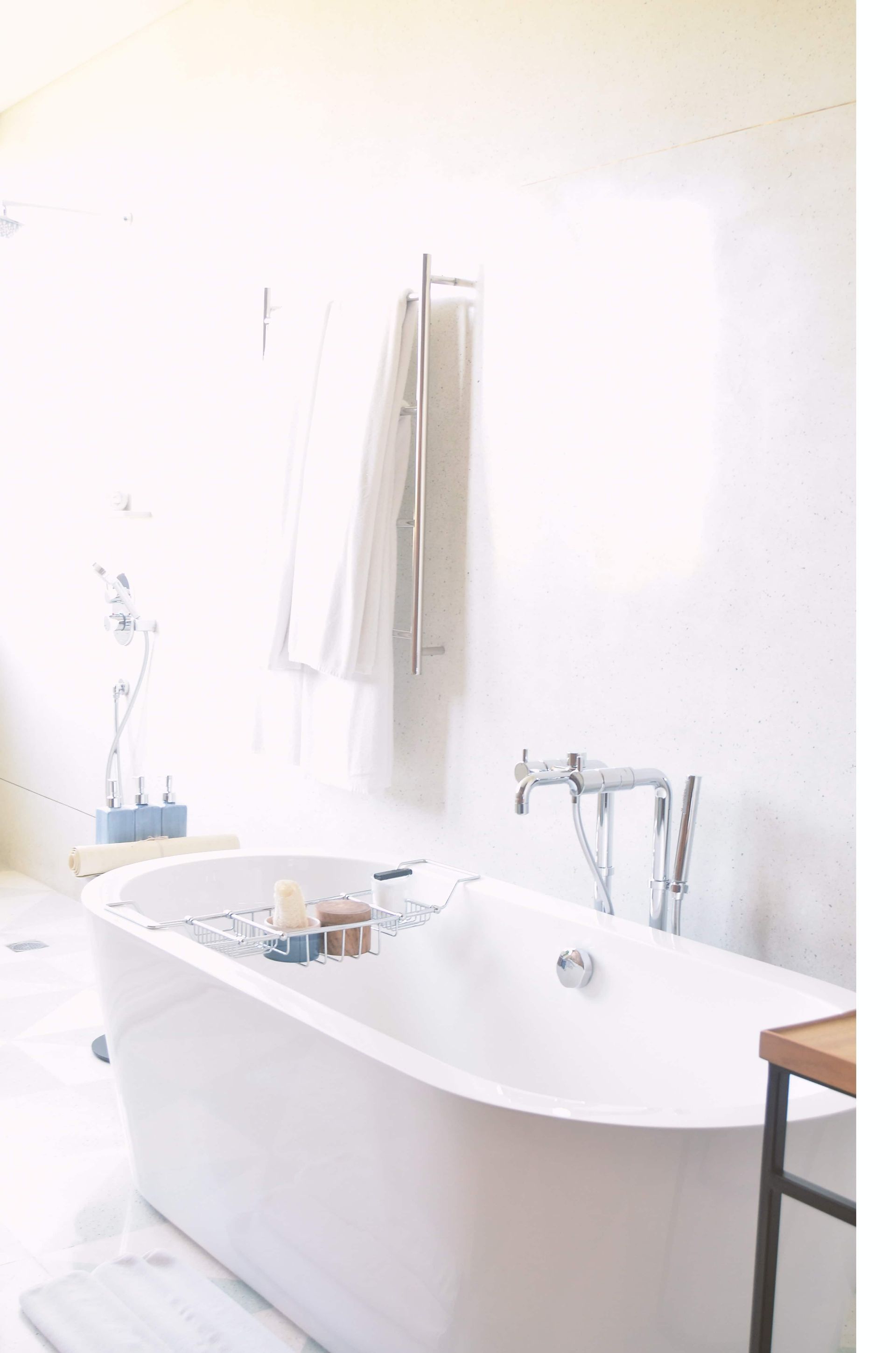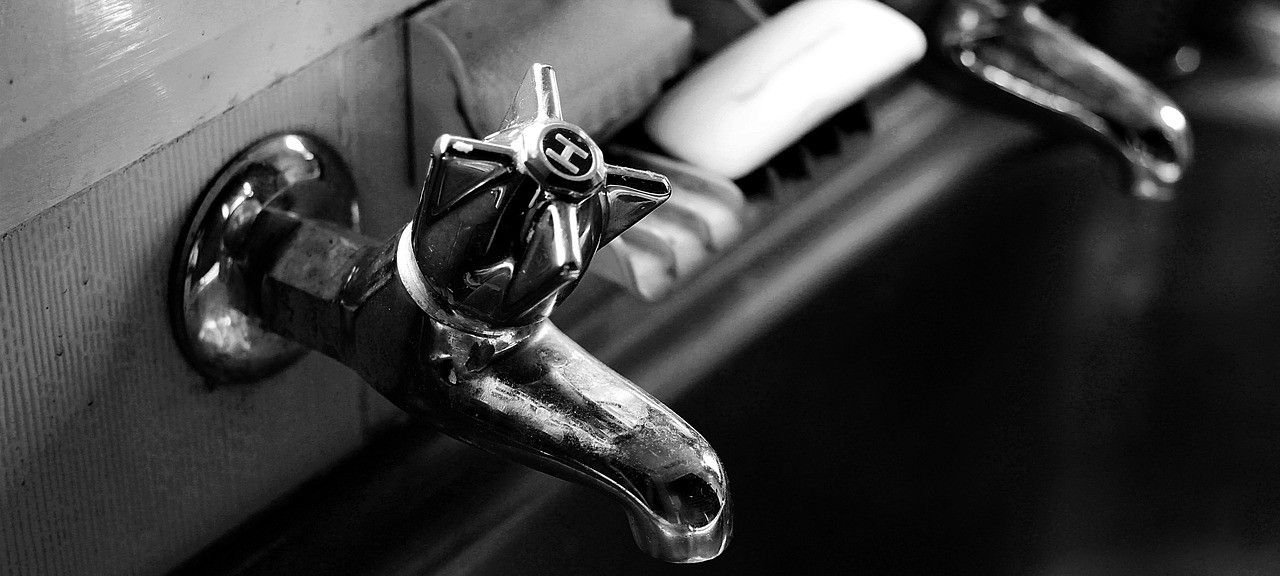By Jarrad Smith
•
July 7, 2025
Plumbing is a trade that’s always in demand across Australia, and Newcastle is no different. With new builds going up, older homes needing updates, and steady growth in the region, skilled plumbers are needed in homes, businesses, and on construction sites. If you’re looking for a hands-on job that pays well and offers long-term security, plumbing could be the right fit. This guide will break it all down: from how to get qualified, where to find plumbing apprentice jobs, and where to study plumbing courses right here in Newcastle. Why Choose a Plumbing Career? A plumbing career isn’t just about fixing taps. It’s a licensed trade that covers drainage, gas fitting, roofing, water supply, and sanitation. In Newcastle, demand is steady thanks to local construction and renovation activity. With a plumbing qualification, you can work across different sectors, start your own business, or even move into supervisory or estimating roles later on. On top of that, plumbers in Australia earn competitive wages, and apprentices earn while they learn, making it easier to get started without the burden of university fees. How to Become a Plumber in Australia To become a licensed plumber in Australia, you’ll need to complete a Certificate III in Plumbing, which most people do while working as an apprentice. It’s a mix of practical, on-the-job experience and formal training. Once you’ve finished your apprenticeship, you’ll need to register and apply for your licence through your state’s regulator—NSW Fair Trading if you’re in New South Wales. After passing the required exams, you’ll be all set to work independently in the areas you’ve trained for. Plumbing Apprenticeships in Newcastle If you're in Newcastle and looking to start your plumbing career, a plumbing apprenticeship is usually the first step. It takes about four years and combines paid, hands-on work with classroom learning. To get started, you’ll need to find an employer to take you on. This could be a local plumber, a builder, or a maintenance crew. You can find openings through: Online job boards (like SEEK or Indeed) Group training organisations in the Newcastle area TAFE NSW career support services Word of mouth and local connections As a plumbing apprentice, you’ll work alongside licensed plumbers, gaining hands-on experience with drainage systems, pipework, roof plumbing, gas fitting, and more. You’ll also attend classes as part of your plumbing apprenticeship Newcastle pathway, building your knowledge of codes, safety, and the theory behind the tools. Plumbing Courses and Training in Newcastle Newcastle offers several training options for future plumbers. The most common qualification is the Certificate III in Plumbing, which is usually delivered over four years during your apprenticeship. You can study through TAFE NSW Newcastle, which provides practical facilities and experienced trainers. Some Registered Training Organisations (RTOs) also offer plumbing courses in the region. These courses cover: Water supply and drainage systems Sanitary plumbing Roofing and guttering Workplace safety and legislation Gas fitting fundamentals Some students start with a pre-apprenticeship plumbing course in Newcastle to build confidence and get a foot in the door. These short programs can help you land an apprenticeship by giving you basic trade skills and a better understanding of the job. Plumbing Jobs and Opportunities in Newcastle Once you’ve completed your training, there are plenty of plumbing jobs available across Newcastle and the Hunter region. You could work in residential maintenance, new home construction, commercial fit-outs, or large-scale infrastructure projects. There are entry-level jobs for those finishing apprenticeships, along with more advanced roles for licensed plumbers who want to specialise or manage teams. Plumbing jobs can also lead to roles in project management, estimating, or compliance. Keep an eye on local job boards, trade group websites, and talk to your trainers or mentors. Many plumbers get hired by companies they worked with during their apprenticeship. Exploring Trade Careers Beyond Plumbing While plumbing is a solid career choice, it’s also part of a wider world of skilled trades. If you're still exploring, you might also consider: Electrical Carpentry Air conditioning and refrigeration Tiling or waterproofing Metal fabrication or welding Each of these trades has its own training path and licensing process. They all share a common thread: practical, hands-on work with opportunities to grow and earn as you build your experience. If you start with plumbing but later discover a different interest, you’re still gaining skills that apply across many trades and careers. Tips for Success in Your Plumbing Career Stay curious : Ask questions on-site and during class. Every job is a chance to learn. Build your network : Stay connected with trainers, classmates, and employers. Many plumbing jobs come through referrals. Keep your attitude right : Be reliable, show up prepared, and take pride in your work. Invest in good tools : As you progress, start building your kit with quality tools that last. Consider future training : Once qualified, you can add new plumbing classes to your license or specialise further. Launch Your Plumbing Career If you’re based in Newcastle and looking for a practical, respected trade, plumbing might be the perfect fit. Begin exploring local plumbing apprentice jobs, get to know your training options, and take the first step into a career that keeps our homes and cities running. Ready to get started? Reach out to your local TAFE or trade group, talk to working plumbers, and learn more about plumbing Newcastle locals rely on every day.
